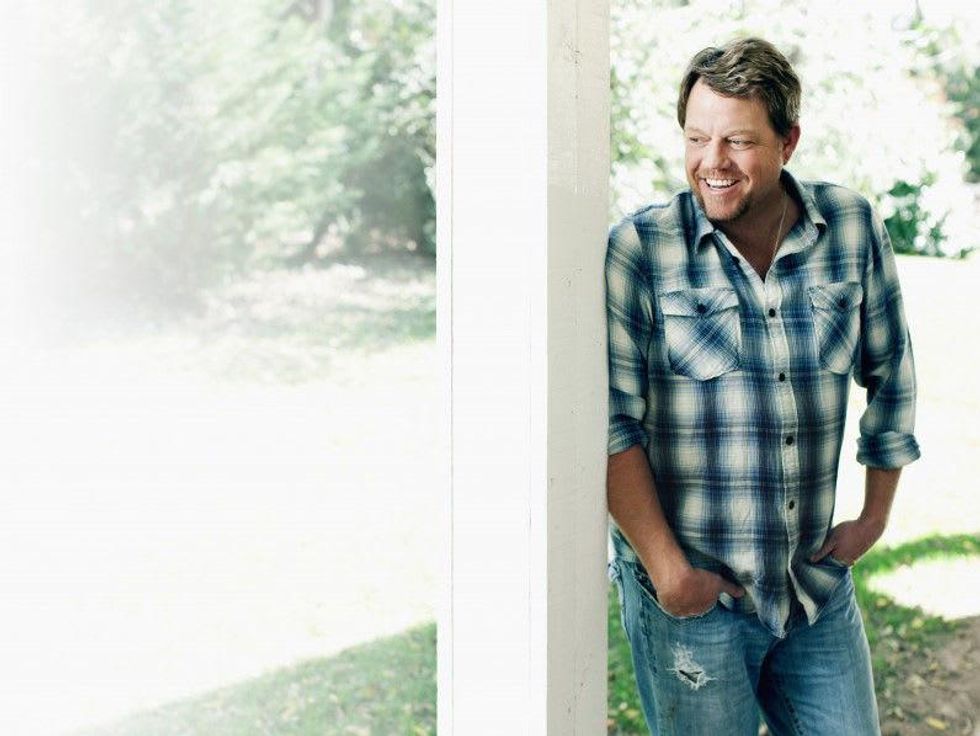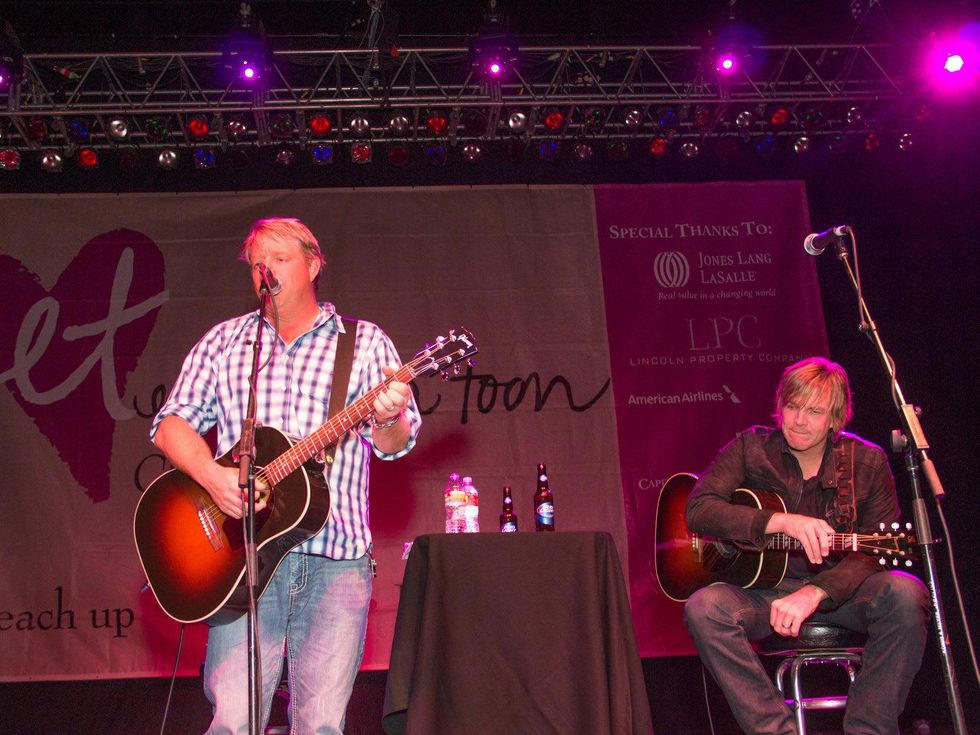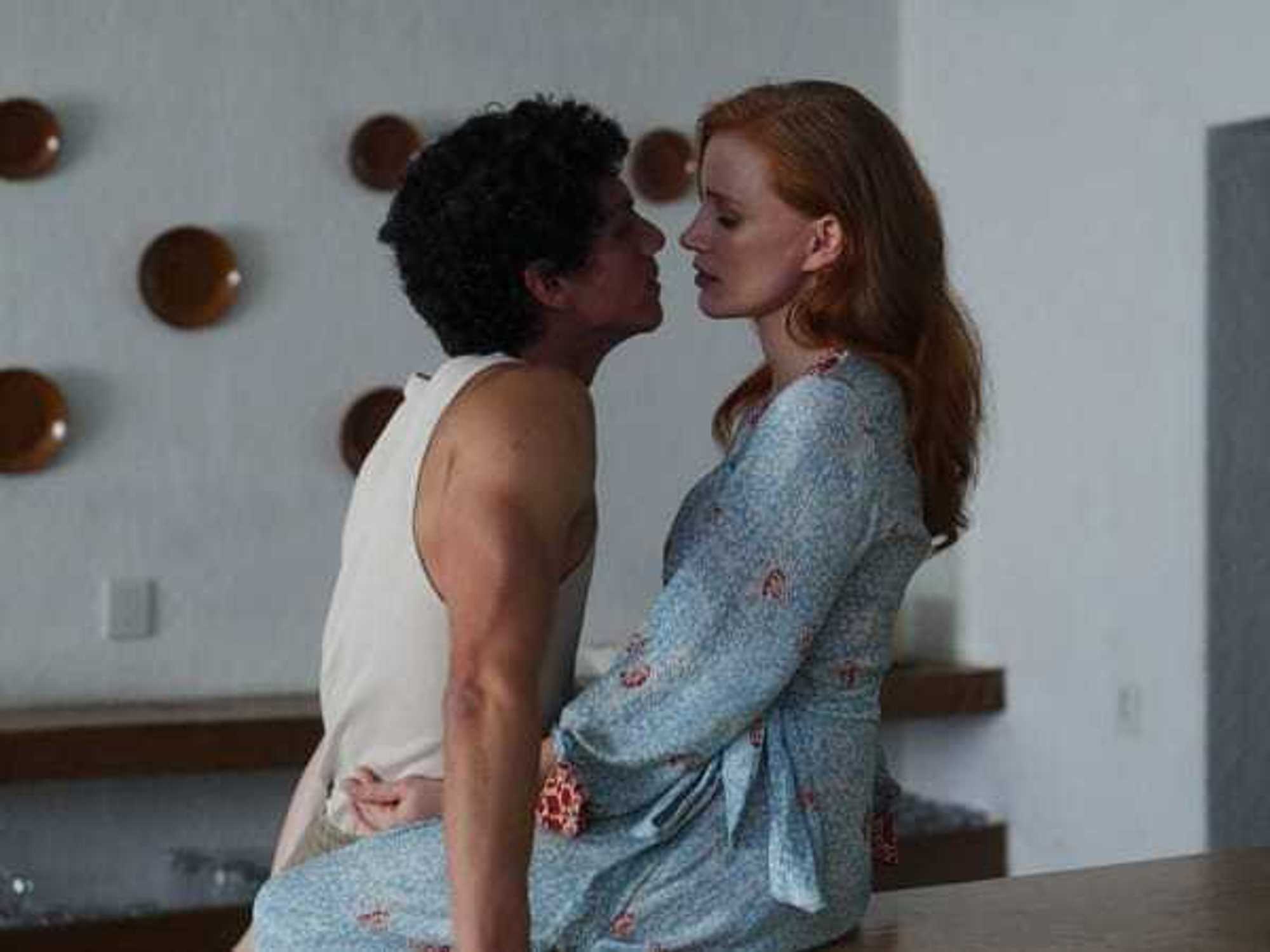Texas Country Commander
Pat Green on new album, returning to his roots and getting into the restaurant game
Pat Green may not be Willie Nelson, but few musicians have been as identifiable with Texas country in the last 20 years as Pat F-ing Green — from his independent label days as the figurehead of the late ’90s Texas music wave to chart-topping major label releases in the 2000s. He just finished recording a new album, Home, and he's looking for an independent label to release it.
Green can also add restaurateur to his resume; he is a co-owner of The Rustic, a new restaurant and live music venue in Uptown Dallas that opens October 10. We chatted with him about that new album, getting into the restaurant game and being part of the old guard of Texas country musicians.
CultureMap: Why did you decide to get into the restaurant business?
Pat Green: Well, Free Range concepts asked me if I would like to, you know, join in making the music side of the restaurant. I said just tell me when and where. Since then I’ve just been having an absolute ball.
CM: What have you learned about the other side of the music venue business?
PG: It’s a lot more complicated now. It’s very expensive to get going. I’ve been trying to educate them on the music side as well as getting my own education about how restaurants work.
CM: What kind of hand will you have in The Rustic moving forward?
PG: I’m interested in seeing it succeed and thrive. Part of my job is to have a presence and show up when I can. Not only that, but help get as many great acts as humanly possible.
CM: It’s been five years since you released an album of your own music. Do fans have something to look forward to?
PG: We’ve got the new album recorded, and we’re finding a home for it. I’m very proud of it. We ended up getting Sheryl Crow, Lyle Lovett — a lot of people I’ve always wanted to work with.
I think the songwriting is great. As far as why did I wait so long, my feeling is that in the music world and being on a label, I was putting out an album every year, and I was in the studio all the time. It wears on me to have to keep that up. Plus, they can’t miss you if you never leave.
CM: A few years ago, you said on Texas Music Scene that you were returning to your Texas roots and independent music. How will that sound after your foray into more mainstream country during the mid-2000s?
PG: When I was making records for the bigger labels, I wasn’t forced to create a sound that wasn’t mine, but there was a committee giving their opinion while I was making the albums.
When I was very young, I was making very acoustic records because I had never done it before. I had to develop my taste in the studio while working on my style. About the time “Three Days” and “Wave on Wave,” I started feeling that this is what I want it to sound like. There are records I like more, and some I’m not proud of.
CM: You and guys like Roger Creager and Cory Morrow brought in the new wave of Texas country in the late ’90s. Is it hard to stay hungry after such a long run of success?
PG: I put out my first record in 1995, and I was playing a bit before that. There are certain elements of burnout that come with any career. I’m not experiencing it right now. When I was doing 250 days on the road and never getting a chance to see my wife and children, I was burned out. Now I have a good balance.
CM: Considering that 20-year span and the fact that you’re married with kids and in your early 40s now, how has your style, lyrically, changed?
PG: Like anyone else, people become more discerning, in any avenue — even relationships. I don’t get in nearly as many fights with my wife as when I was young. We were never wrong back then. I think my lyrics follow that path.
I can tell when a lyric doesn’t suit me or I don’t like the way it’s going. I have the ability to say no and to move on and change direction. When I was younger, I didn’t really ever try to turn around if it wasn’t going in the right direction.
CM: You released a book on dance halls called Pat Green's Dance Halls & Dreamers. What are your favorite places to play?
PG: If we’re talking dance halls, it’s probably Gruene Hall. It’s such an iconic place. As far as any place, I don’t know, in Texas, Stubbs in Austin is up there, though my restaurant has a venue, so maybe that’ll change. And you have to throw in Madison Square Garden and House of Blues in Chicago.
CM: Are there any young Red Dirt artists you’re enjoying these days?
PG: I think the Turnpike Troubadours know how to write a really good song in a young stage in their career. There’s a lot of talent out there, but I like them.
CM: How does it feel now considering you’re part of the “established” group of Texas country musicians?
PG: It’s natural, but it feels awkward to me sometime. I feel blessed to have a career that’s spanned 20 years. I can’t believe it, but I love making music and having a spot as a big fish in the little pond. Who wouldn’t? And Texas is a pretty big little pond.



